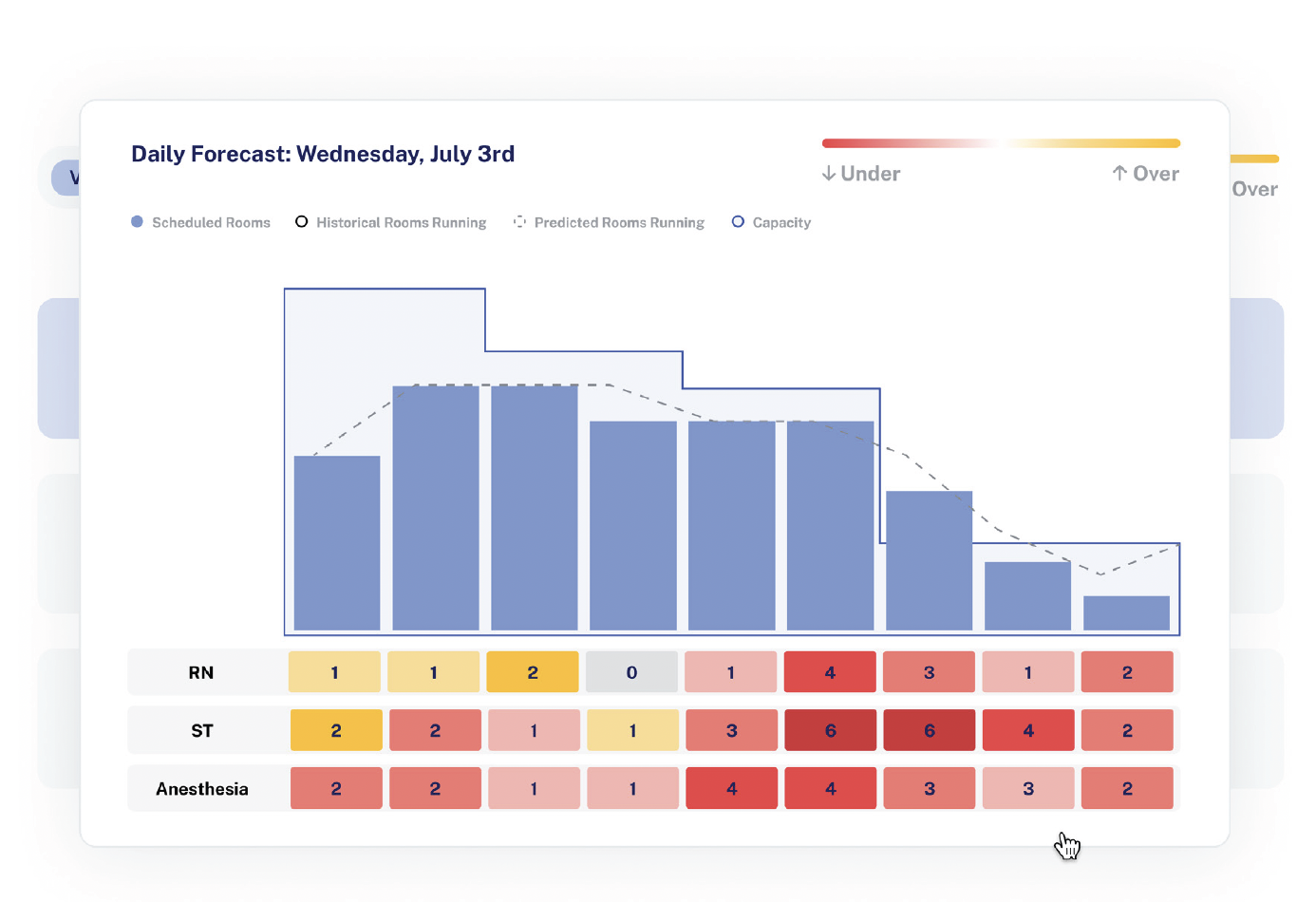
Perioperative leaders face mounting pressures to optimize resources, reduce costs, and improve patient outcomes. However, one challenge stands out among the rest: OR staffing shortages. According to a November/December survey conducted by LeanTaaS in collaboration with OR Manager, staff recruitment and retention is a top priority for OR leaders this…

When it comes to the adoption of artificial intelligence (AI) in medicine, radiology is leading the charge. As of May 13, 2024, the US Food and Drug Administration (FDA) had approved nearly 900 AI- and machine learning (ML)-enabled devices, and the vast majority of them are in radiology. One example…

Are you part of the ambulatory surgery center (ASC) construction boom? Approximately 116 new facilities opened in 2023, according to Becker’s ASC Review, and more are planned for and underway in 2024. The upward trend shows no signs of slowing. Fortune Business Insights projects the US ambulatory surgery center market…
Editor's Note Released April 9 by the Association for Supply Chain Management (ASCM) and KPMG LLP, the KPMG Supply Chain Stability Index reveals an overall improvement in supply chain stability throughout 2023. However, points of weakness persist. According to the index, factors preventing a complete return to pre-pandemic normalcy include the…

Approximately one in 31 hospital patients has at least one infection on any given day, according to the Centers for Disease Control and Prevention (CDC). In surgical settings, the risk is even higher, with up to 7% of patients developing an infection during surgery. These infections can lead to a…

Sterile Processing Department (SPD) managers and technicians know a thing or two about pressure. In a recent webinar covering sterile processing basics, Cori L. Ofstead, MSPH, president and CEO of Ofstead & Associates, Inc, and Abby Smart, MPH, research associate, cited the example of a 480-bed hospital that performed 13,650…
Editor’s Note A new automated delivery system for anesthesia that has been effectively tested in monkeys could eventually be used by doctors to identify and deliver the right dose of drugs in people. The findings appeared October 31 in PNAS (Proceedings of the National Academy of Sciences of the United…

Over my 40-year career—after starting at the bedside in surgical intensive care, moving to emergency medicine, and then to perioperative services—I have been fortunate to progress into executive leadership positions in academic medical center health systems and community hospitals, consult with a top global advisory firm, and now work in…
Editor's Note As cyber attacks on healthcare organizations continue to rise in number, the US department of Health and Human Services (HHS) released a report examining the role of automation in cybersecurity, December 13 Health Care Dive reports. According to cybersecurity company, Sophos, the percentage of ransomware attacks on healthcare…

Hospitals and health systems know they are attractive targets for cybercriminals. When lives are at stake, and the victims are often insured, ransomware gangs can expect a quick and easy payout. But since the Russian invasion of Ukraine on February 24, hospitals have had to face a new reality: The…